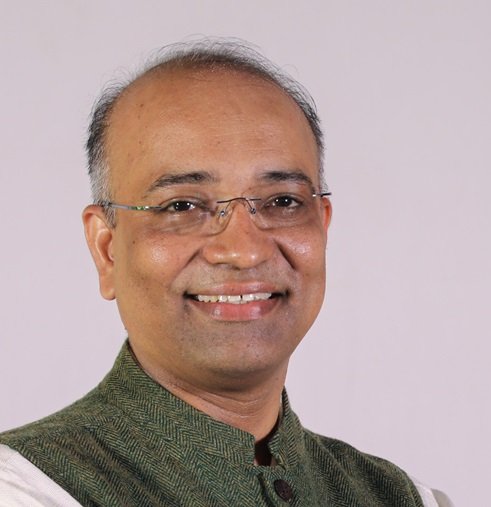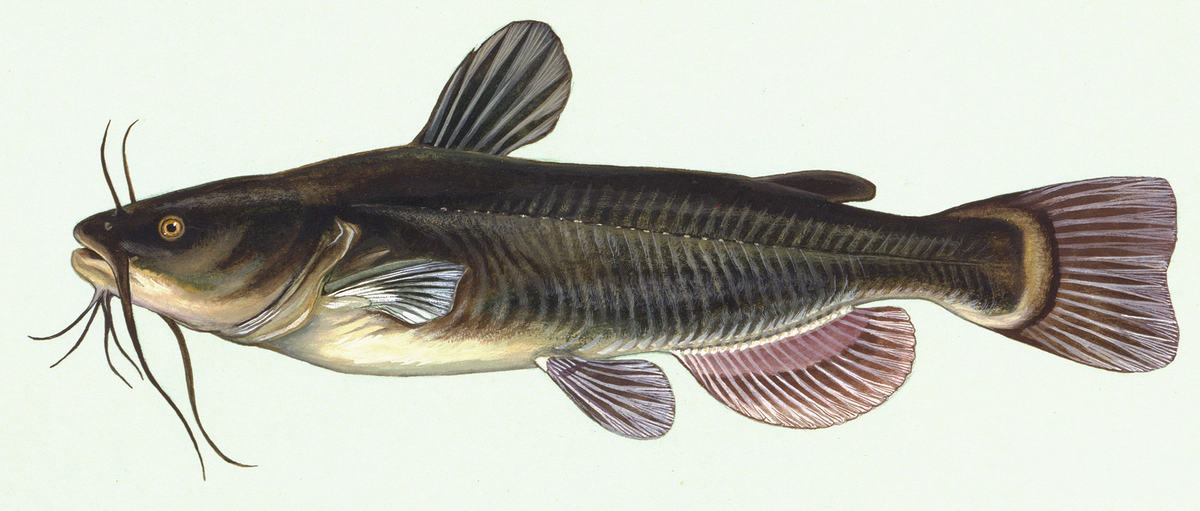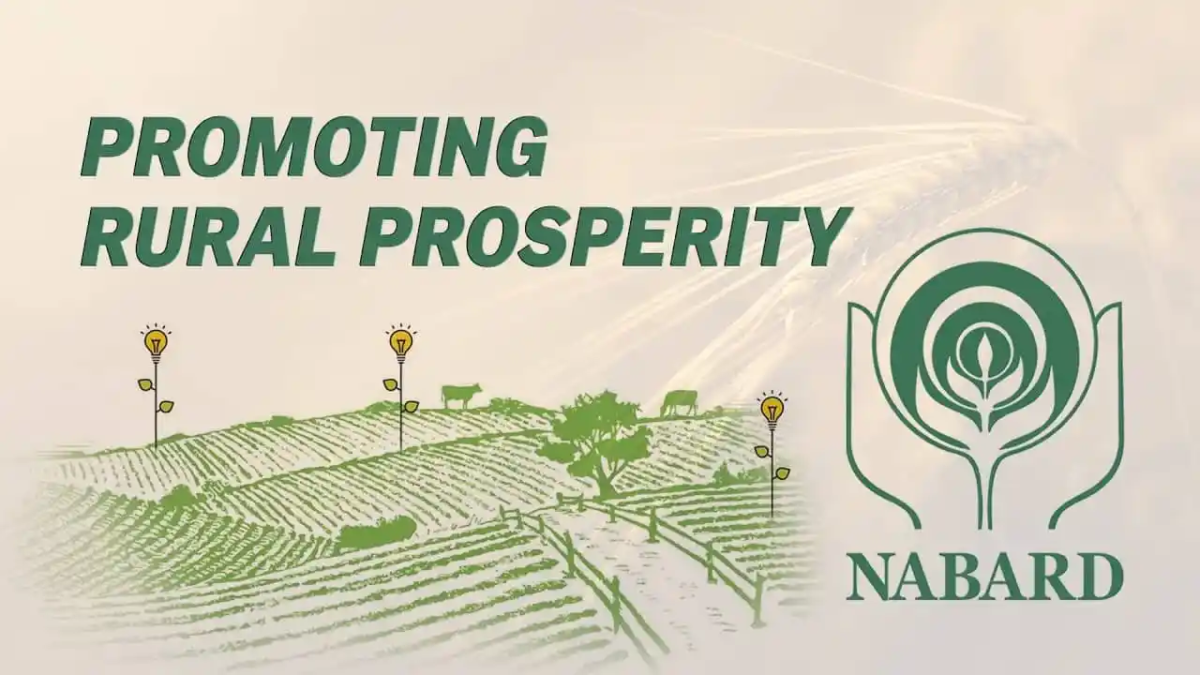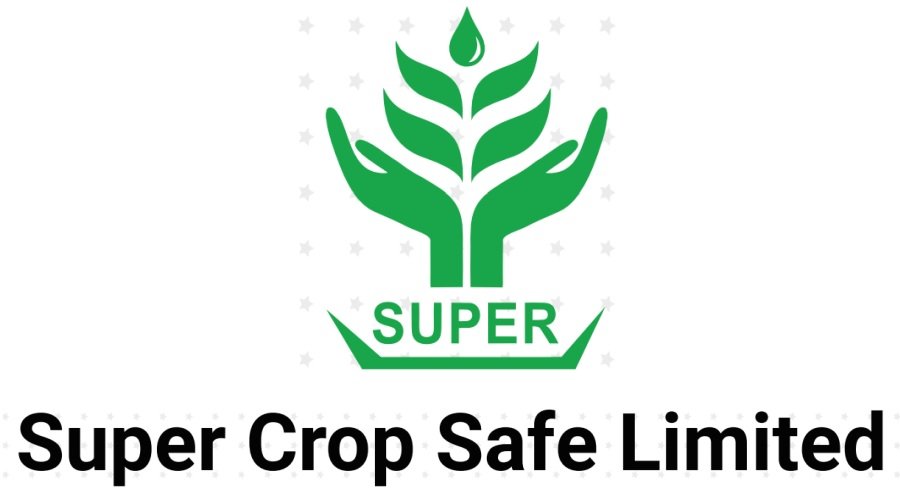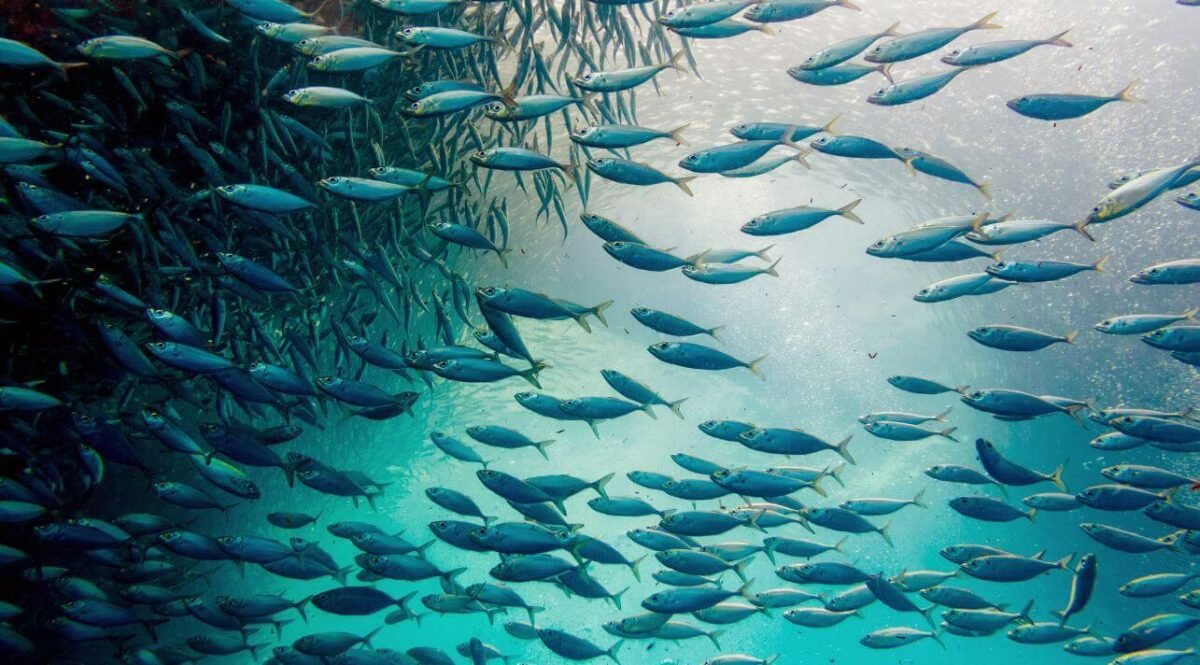Indian exporters have huge opportunities to increase share in global agriculture trade: APEDA Chairman
The country’s organic food exports have grown at a steady pace and over the past decade, exports of organic products have grown from $ 213 million in 2012-13 to $ 494.80 million in 2023 -24
Indian exporters have huge opportunities to increase their share in the global agriculture trade from the current 2.4 per cent, a government official said on Wednesday. The global agriculture trade is about USD 2 trillion.
Agricultural and Processed Food Products Export Development Authority (APEDA) Chairman Abhishek Dev said that given these numbers, “huge opportunities” are there to increase exports from the country.
Despite being the seventh largest agri exporter in the world, “our share is 2.4 per cent in the overall world agri trade and immense possibilities are there to increase this share,” he said at the inauguration of Indusfood 2025 at Greater Noida.
India’s agri export was about $ 50 billion in 2023-24 and this year also, the country is looking at pushing the figure to “new record”, he said. Dev added that the overall focus now is to promote exports of value-added goods.
Talking about exports of organic products, the chairman said India’s share in this segment is about 2.5 per cent, “but we have an ambitious target of increasing the share four-times in the next five years and we are working on that.” The global market for organic goods is $ 147 billion.
The country’s organic food exports have grown at a steady pace and over the past decade, exports of organic products have grown from $ 213 million in 2012-13 to $ 494.80 million in 2023 -24.
Talking about the food show, he said the number of foreign participants is increasing year after year.
Over 2,300 exhibitors from 30 countries and 7,500 international buyers are participating in three-day Indusfood 2025. The integrated trade fair will host 15,000 Indian buyers and trade visitors.
Mohit Singla, Chairman of TPCI, said the exhibition will provide a platform to bridge the gaps between farmers, technology providers and global markets.
“It not only enhances trade opportunities but also directly improves farmer incomes by creating access to better markets and value-addition opportunities,” he said.
Union Minister of Food Processing Industries Chirag Paswan inaugurated the eighth edition of the show, which is being organised by the Trade Promotion Council of India (TPCI) with the support of Department of Commerce.
Apart from the Indusfood food and beverages trade fair at India Expo Mart, Greater Noida, the council is also organising the fourth edition of Indusfood Manufacturing (covering food processing technology, packaging technology, ingredients and hospitality technology) and Indusfood Agritech (showcasing agricultural technology, fisheries technology, dairy and poultry farming technology).
The latter two fairs are scheduled for January 9-11 at Yashobhoomi here.
Speaking at the inauguration, Singla said the exhibition is aimed to promote international collaboration, and innovation across the food value chain.
“Over 1,800 exhibitors are attending. The international exhibitor pavilion launched last year has nearly doubled in terms of representation, with exhibitors from around 30 countries now participating,” he added.
The country's organic food exports have grown


